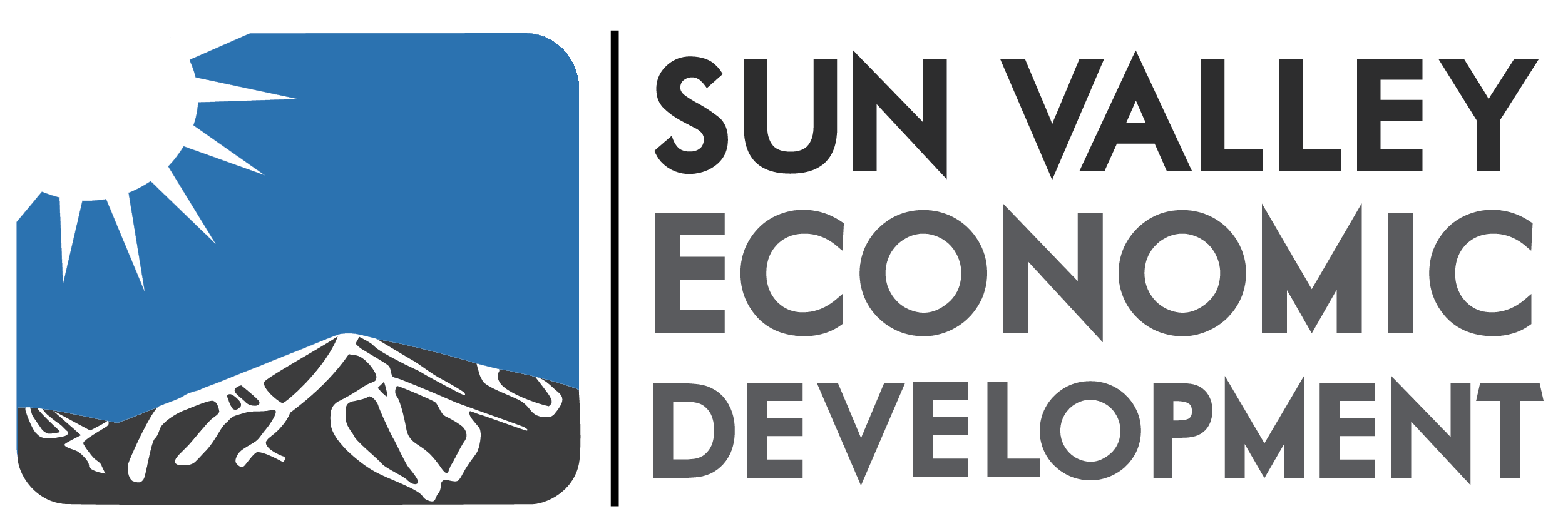STORY AND PHOTO BY KAREN BOSSICK
Some of the topics that will be addressed at next week’s 2017 Economic Summit weren’t even on the radar when the Sun Valley Economic Development held its first Economic Summit six years ago.
Who, for instance, was talking about how Airbnb might affect the rental market then?
The 2017 Economic Summit on Wednesday, Nov. 1, will take a look at that, as well as new travel trends, during a day’s worth of speakers and panel discussions between 8 a.m. and 2:45 p.m. at Sun Valley’s Limelight Room.
“We will, for instance, look at expectations of what people want out of their travels,” said Harry Griffith, who heads up SVED. “We’ll be looking at the impact of national trends and what we can do as a community in response.”
The seventh annual conference, expected to attract more than 200 people, will feature several speakers:
Mark Kane is with the SE Group, a strategic planning and design firm that has become a global leader in helping mountain resorts defined by outdoor recreation and tourism maximize their economic, environmental, aesthetic and recreational potential. He will speak on “The Resort Community of the Future.”
Randy Cohen is the national spokesperson for American for the Arts, a Washington, D.C.-based lobbying organization for the $166 billion U.S. arts and cultural industry. He will speak on “The Value of Arts & Culture in Blaine County.”
Ralf Garrison is the founder of Destimetrics, which provides market intelligence for Sun Valley and Ketchum and other resorts so they can make data-driven decisions. He will speak on “Resort Housing Challenges: Pillows for Guests and Locals.”
Harry Griffith will speak on “Blaine County’s Economic Ecosystem: Constraints & Realities.”
Griffith said the summit is a continuation of a dialogue about the big, critical issues that the community needs to address.
“We have three core issues,” he said. We don’t have enough business diversity. Our economy is mostly tourism-based and that’s not bad, but how do we get diversification to cover gaps in the shoulder seasons?
“Second, he said,” “We don’t have enough skilled workers, from young professionals to workers in the hospitality and service industry, construction and trade industries. And unemployment is at a record low. Thirdly, we don’t have enough skilled workers because it’s hard to for workers to find homes here.”
Some of the issues discussed at previous conferences have become focal points since, Griffith said.
“For instance, middle income housing wasn’t on everybody’s radar a year ago. We brought that forward, and now the term is used by people looking at projects that don’t necessarily deal with affordable housing but are, instead, projects that fill the gap. They let people move out of lower-priced units to middle-priced units.”
The conference costs $100, and will include a continental breakfast and buffet lunch. Register online at www.sunvalleyeconomy.org.


